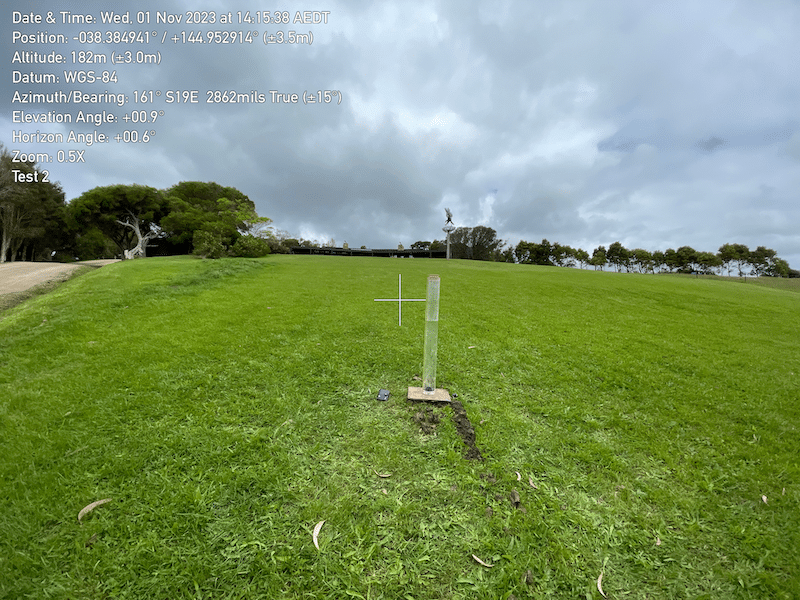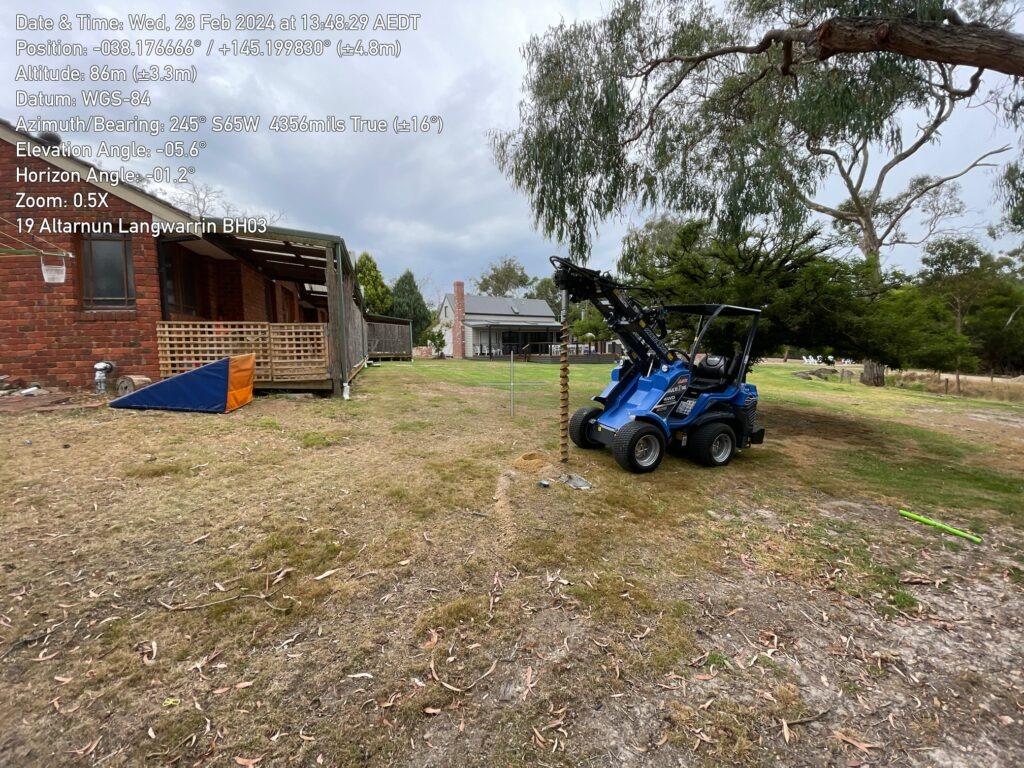When it comes to planning, development, and ensuring that land is used responsibly, Land Capability Assessments (LCAs) are a crucial step. These assessments help determine whether a particular piece of land is suitable for construction, agriculture, wastewater treatment, or any other proposed activity. At Septic Land Capability Assessment, we specialise in conducting detailed and accurate reports that guide both residential and Commercial Land Capability Assessments to ensure compliance, safety, and sustainability.
In this article, we will explain About Land Capability Assessments, their importance in development planning, and specifically focus on how they benefit commercial projects.
What Are Land Capability Assessments?
A Land Capability Assessment is a technical study that evaluates a site’s ability to safely support structures and wastewater systems without causing environmental harm. It includes examining soil type, slope, climate, groundwater depth, vegetation, drainage patterns, and potential risks.
These assessments are often required by local councils and regulatory authorities before granting planning permissions, especially for properties not connected to a reticulated sewer system.
Why Land Capability Assessments Are Important

Understanding About Land Capability Assessments is vital for developers, landowners, architects, and construction professionals. Here’s why they're essential:
- Environmental Protection – Prevents pollution of soil, groundwater, and surface water.
- Risk Assessment – Identifies erosion, flooding, and soil stability risks.
- Compliance and Approvals – Helps meet council, EPA, and state planning requirements.
- Cost Savings – Avoids unexpected development issues later on.
- Design Recommendations – Suggests the right type of wastewater or drainage system for the land.
Without a proper Land Capability Assessment, projects run the risk of delays, regulatory failures, and long-term environmental damage.
Components of a Land Capability Assessment
When conducting an LCA, experts consider factors such as:
- Soil Profile and Permeability
- Topography and Slope Stability
- Groundwater and Drainage
- Climate Conditions
- Impact on Surrounding Environment
- Suitability for Onsite Wastewater Systems
Each of these elements helps in designing safe and effective solutions for land use planning.
Commercial Land Capability Assessments
When discussing Commercial Land Capability Assessments, it is crucial to understand that the complexity, land demands, and environmental impact of commercial projects are significantly higher than residential ones.
Why Commercial Projects Need LCAs
- Higher wastewater generation
- Larger construction footprints
- Greater impact on surrounding land
- Stricter regulatory requirements
- Need for sustainable development practices
Commercial developments include factories, offices, shopping centres, warehouses, schools, hospitals, and more. A detailed Land Capability Assessment is mandatory before beginning such major developments.
Stages Involved in Commercial Land Capability Assessments
- Site Investigation
- Soil collection, land survey, and mapping parameters.
- Laboratory Analysis
- Soil samples are tested for permeability and suitability.
- Risk Evaluation
- Identification of potential issues like erosion, flooding, or contamination.
- Design Recommendations
- Includes suggestions for wastewater treatment systems, stormwater management, and construction feasibility.
- Final LCA Report Submission
- The report is provided to local councils and regulatory bodies to support permit applications.
Benefits of Commercial Land Capability Assessments
Ensures planning approval without delays
Improves project sustainability
Helps design a suitable wastewater management system
Reduces environmental risks
Improves construction safety and stability
Supports long-term land use viability
Who Requires Land Capability Assessments?
Land Capability Assessments are recommended for:
- Commercial developers
- Civil engineers
- Environmental consultants
- Town planners
- Architects
- Property investors
- Septic system designers
- Local government authorities
Role of Septic Land Capability Assessment

We provide comprehensive Land Capability Assessment services, specialising in both residential and Commercial Land Capability Assessments, with a focus on environmental protection and compliance. Our process is aligned with EPA Victoria, Australian Standards, and all local council guidelines.
Our Services Include:
- Detailed soil testing and land investigation
- Wastewater system design recommendations
- Risk analysis and mitigation planning
- Onsite inspections and final reporting
- Support in planning permit applications
How Long Does the Process Take?
Typically, a Land Capability Assessment takes 3 to 7 business days, depending on project size and soil conditions. Commercial projects may require additional time due to complex parameters and compliance documentation.
Final Thoughts
Understanding About Land Capability Assessments is not only essential for regulatory approval but also for ensuring the longevity and sustainability of your project. Whether it’s a small residential development or a large commercial construction, conducting a proper LCA helps protect the environment and ensures smooth development operations.
If you’re planning a commercial project, don’t take risks with land planning. Trust the experts in Commercial Land Capability Assessments.





Comments